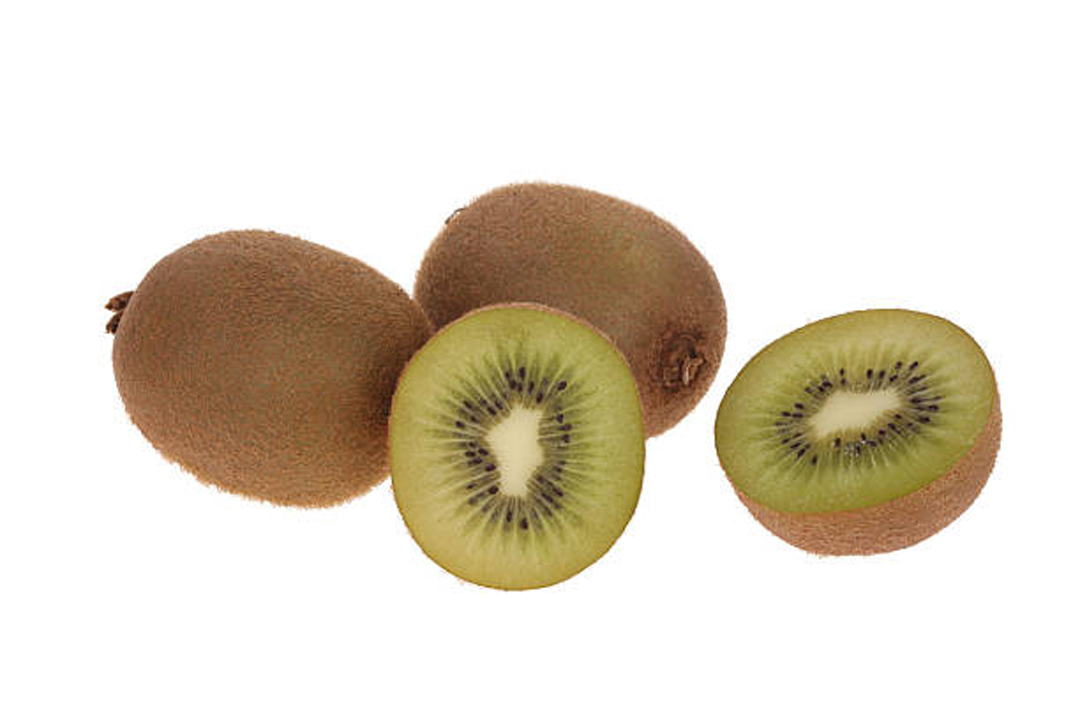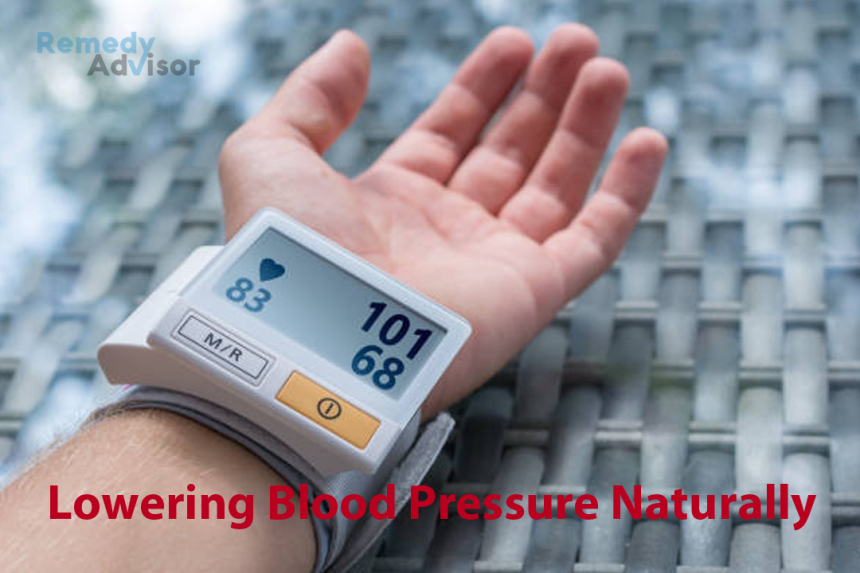High blood pressure is a serious health concern that can lead to heart attacks and other health problems. Fortunately, there are simple lifestyle changes that can help lower blood pressure and improve overall health. One of these changes is switching from white potatoes to purple potatoes, which contain antioxidant plant chemicals that reduce inflammation and keep blood vessels healthy. Additionally, chicken soup can be an effective strategy for reducing blood pressure as compounds in chicken legs and breasts work like ACE inhibitors.
Understanding your blood pressure numbers is also crucial for maintaining healthy blood vessels. Taking a 45-minute nap during the day can help reduce stress and lower blood pressure. On the other hand, consuming too much salt through processed foods like chips and crackers can cause blood pressure to rise. Finally, drinking a glass of pomegranate juice every day has been shown to help lower blood pressure by reducing the levels of the stress hormone cortisol. These simple lifestyle changes can be an effective way to reduce blood pressure and improve overall health.
Use purple potatoes
Did you know that simply switching from white potatoes to purple potatoes could help lower your blood pressure by about 4%? Researchers from Scotland found that the purple pigments in these potatoes include a lot of antioxidant plant chemicals like anthocyanins and carotenoids, which are known to reduce inflammation and keep blood vessels healthy. And what’s best? To get these benefits, you don’t have to give up taste or ease. Researchers say that if you don’t want to gain weight, you could microwave the potatoes and eat them simple. If you make this modest but important modification to your diet, you might lower your risk of getting heart disease. So why don’t you try purple potatoes?
Enjoy chicken soup
Are you seeking for a strategy to lower your blood pressure that is both healthy and tasty? Chicken soup is all you need. Recent research done in Japan shows that the compounds in chicken legs and breasts can work like ACE inhibitors, which are a group of medicines that are often used to decrease blood pressure. In fact, when people took a modest amount of these substances every day, their systolic blood pressure dropped by an average of 11.8 mmHg, which is a lot. So, the next time you want something warm and soothing to eat, you might want to try chicken soup. Just remember to keep taking whatever medicines your doctor has given you to keep your blood pressure under control.
Understand your numbers to protect your health
Knowing your blood pressure is one of the most important vital signs you need to know to maintain your blood vessels healthy and lower your risk of heart attacks and other health problems. Getting to know your blood pressure readings is an important part of keeping your general health in good shape. You can accomplish this by going to your doctor or using the blood pressure machines at gyms and pharmacies. Before monitoring your blood pressure, it’s ideal to take a few minutes to calm down. Whether your readings are above 120/80mmHg, it’s recommended to make an appointment with your doctor to find out whether you need to do anything else to control your blood pressure. Remember that keeping track of your blood pressure is the first step to a healthy future.
Take a nap

Stress is a big reason why blood pressure goes up, and a recent US study suggests that a 45-minute nap in the middle of the day can help bring it back down. The study indicated that sleeping during the day can be good for the heart, especially for people who have trouble sleeping at night. People who work full-time outside of their homes may not be able to take naps during the day, but they can still do this on the weekends or even consider taking a sleep when they get home from work. People can take control of their blood pressure and improve the health of their hearts by using this simple yet powerful method.
Avoid eating fast food
Processed foods are a big reason why we eat too much salt, which can raise blood pressure. When reading food labels, you need to be particularly careful and keep an eye out for sodium, which is the main ingredient in salt. The Centers for Disease Control and Prevention (CDC) says that the most sodium you should have in a day is 2,300 milligrams, which is about a quarter of a teaspoon. To find out how much salt is in a food, multiply the sodium number by 2.5. Salty snacks like chips and crackers, canned fish and soup, ready-made meals, sauces, and packaged meals like noodles and mixes are all common sources of too much salt. It’s important to remember that many types of cheese are also rich in salt, so it can be helpful to choose variants with less salt. We can take steps toward better heart health and overall well-being by being conscious of how much salt we eat and making decisions based on what we know.
Consider pomegranate juice
A small study done at Queen Margaret University in Edinburgh suggests that consuming a glass of pomegranate juice every day may help decrease blood pressure. The study indicated that healthy individuals’ blood pressure went down after a week of drinking 2 cups (500 ml) of pomegranate juice every day. There are chemicals in pomegranate juice that are thought to help lower excessive levels of the stress hormone cortisol, which is made by the adrenal glands and can lead to high blood pressure. By adding a glass of tasty pomegranate juice to your daily routine, you can take steps to help lower your blood pressure and improve the health of your heart.
Kiwi fruit lower blood pressure

istockphoto.com/portfolio/Frankhuang
In a short study done in Norway, men and women with mildly high blood pressure who ate three kiwis every day for eight weeks had lower systolic blood pressure readings than those who ate an apple every day. The study found that the people who ate kiwis had lower blood pressure than the people who ate an apple every day. Kiwis can be eaten on its own as a snack, cut up and included in a fruit salad, or blended into a smoothie. But it’s important to remember that even though kiwis may help lower blood pressure, they shouldn’t be thought of as a replacement for medicine recommended by a doctor. Adding kiwis to your daily diet, combined with living a healthy lifestyle and doing what your doctor tells you, can help you control high blood pressure and improve your overall health.
Swim to relieve pressure
American research shows that swimming for 45 minutes three or four times a week can help lower high blood pressure. The study indicated that after 12 weeks of regular swimming, in which the participants worked their way up to 45-minute sessions, their systolic blood pressure readings dropped by an average of 9 mmHg. (the top figure in a blood pressure reading). Also, the individuals’ arteries got more flexible, which shows that their overall heart health got better. Swimming is a low-impact exercise that can have a big influence on someone’s health and can be a good approach to control high blood pressure. By swimming every week, you can take steps to improve your general health and heart health.
Combat high blood pressure
Even if you make good modifications to your lifestyle, if your blood pressure stays high, you may have Conn’s syndrome, which affects 1 in 20 people. Small, noncancerous growths in the adrenal glands cause this disorder. These growths stop the adrenal glands from making aldosterone, a hormone that controls blood pressure. It can be hard to figure out if someone has Conn’s syndrome, but new tests that employ a PET-CT scan can give a more precise diagnosis. If you’ve been treated for high blood pressure but haven’t seen any changes, you should talk to your doctor about the possibility of Conn’s syndrome and the diagnostic tests that can be done. When medical problems like Conn’s syndrome are found and treated early, they can help control high blood pressure and improve general health.







